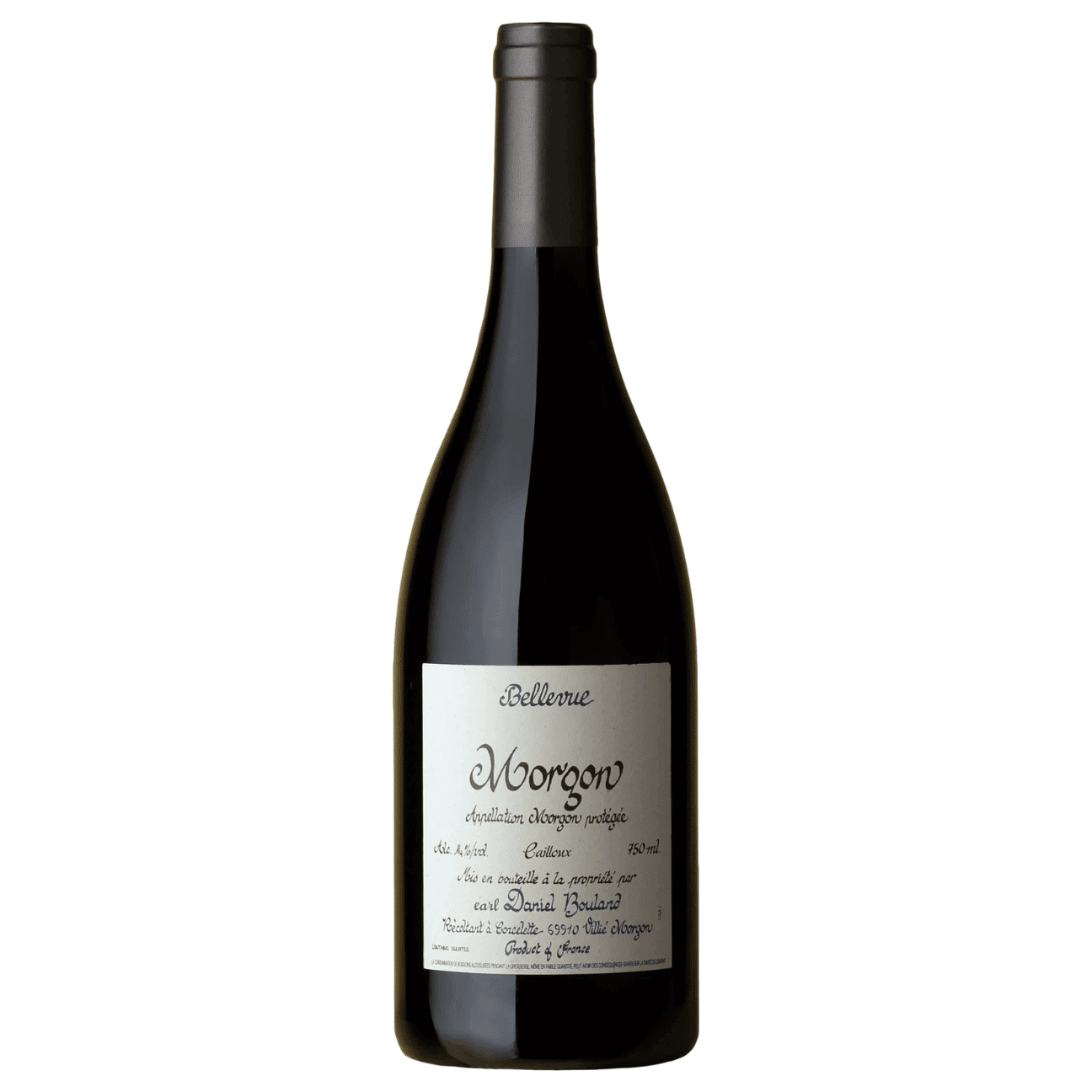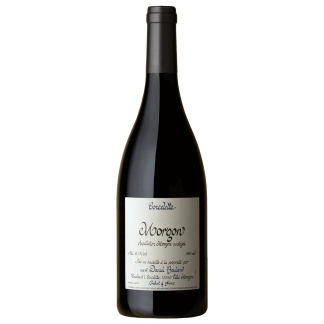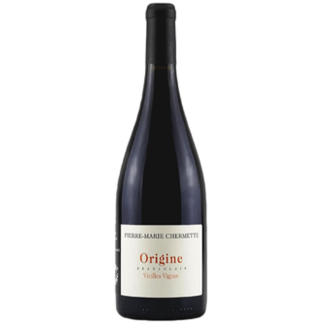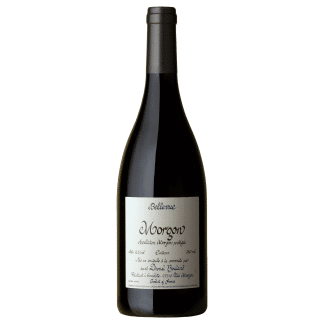Description
About Daniel Bouland
Daniel Bouland is renowned for creating deep yet superbly balanced wines even in these warmer, drier years—and this new release is a splendid example of this phenomenon. 2023 in Beaujolais could be summed up by Ben Harper’s lyric, “Oh when it’s good, It’s so, so good”. While you might read about high volumes across greater Burgundy, this is one address that did not make an ounce more wine than in 2022. Bouland’s patrimony of old vines (40-year-olds are considered youngsters here) slowed up during one period of drought, or canicule, naturally regulating yields. Instead of being light or unbalanced, the resulting wines are ripe, powerful and full of supple, dive-straight-in fruit.
It’s a year that, in Bouland’s words, is “très gourmand”. Gourmand is one of those French words that is difficult to translate, but he means that the wines are seductive, fruit-forward and immediately delicious. Hedonistic even. Many will know that this grower’s deeply etched whole-bunch Beaujolais can take quite a few years to show its full colours; this year, the wines go straight for the jugular. (This said, the wines have just landed, and the longer you can give them in bottle, the greater the reward.)
Fans of this domaine will also be aware that Bouland vinifies several of his Morgon cuvées according to soil type. As a rough guide, the wines from sandy granite soils, Sable, are broader in attack with a gentler cushion of fruit. In contrast, the Cailloux cuvées, drawn from the rocker soils of the same vineyard, are more close-fitting in texture. Despite the differences, all the wines possess the qualities we look for in top Cru Beaujolais—great fruit, intensity, vibrant minerality and balancing freshness—and with their combination of depth and balance, they should age magnificently. We bought every bottle we could—including some jeroboams—and the value on offer speaks for itself.
“Daniel Bouland sits squarely in the upper tier of Beaujolais producers. Even with increasing demand, the wines still deliver superb value, assuming you can find them. For the money, these are simply some of the greatest values in French wine today.” Josh Raynolds, Vinous






